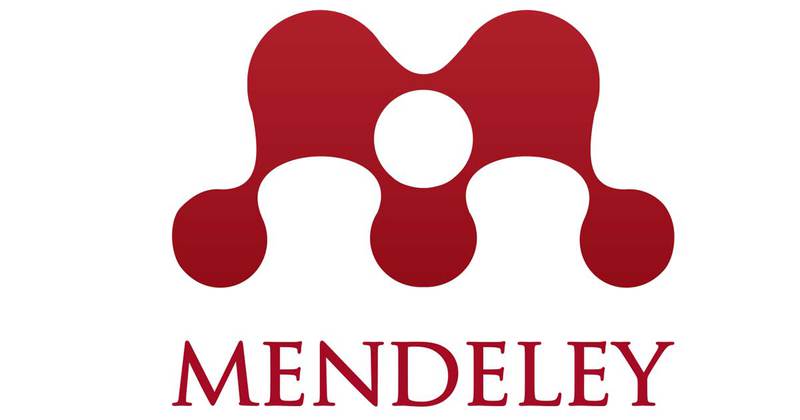Gender Equality in Food Security in Pandansari Lor Village, Jabung District, Malang Regency, East Java Province
DOI:
https://doi.org/10.22219/jpa.v5i2.24457Keywords:
Gender, Relation, Equality, JabungAbstract
There are certainly many issues about gender that have been spread, with various kinds of facts being presented and exposed so that various types of scientific perspectives have emerged discussing gender. As if in rhythm but not in line with the Unitary State of the Republic of Indonesia which adheres to a democratized government system, of course, the results will not be the same in terms of gender discussions which are influenced by many faktors, even though countries in Asia, Africa and America both adhere to the notion of the same system of government that is democratic.
The establishment of gender equality can certainly be determined by several faktors, if it occurs in the plurality of society in Indonesia with the high level of culture and the breadth of the geographical sector, a new perspective is required, namely the perspective of geographical conditions.
The results of this study indicate that gender equality can be built fairly due to certain geographical faktors, but does not rule out biological, religious and cultural constructions. In fact, other results related to forms of gender discrimination such as marginalization, subordination, stereotypes, violence, double burden, were not found.
Downloads
References
Abdullah, Irwan, (2001), Seks, Gender & Reproduksi Kekuasaan, Yogyakarta: Tarawang Press.
Caraway, Tery. L, (1998), Perempuan dan Pembangunan, dalam Jurnal Perempuan, No. 05, Jakarta: Yayasan Jurnal Perempuan.
Engle, Patrice L, (1998), Upaya Untuk Meraih Kesetaraan Gender dan Untuk Mendukung Anak-anak, dalam Jurnal Perempuan, No. 05, Jakarta: Yayasan Jurnal Perempuan.
Fakih, Mansour. (1996). Analisis Gender & Transformasi Sosial. Pustaka Pelajar:Yogyakarta.
Hadiz, Lisa (1998), Elizabeth Cady Stanton (1815-1902), dalam Jurnal Perempuan, No. 07, Jakarta: Yayasan Jurnal Perempuan.
Hartini, Titik, (2006), Pengarusutamaan Gender dan Pemberdayaan Perempuan, dalam Jurnal Perempuan, No. 50, Jakarta: Yayasan Jurnal Perempuan.
Heraty, Toeti, (1999), Perempuan dan Hak Asasi Manusia, dalam Jurnal Perempuan, No. 09, Jakarta: Yayasan Jurnal Perempuan.
Ibrahim, Idi Subandy dan Hanif Suranto, (ed), (1998). Wanita dan Media. Bandung: Remaja Rosdakarya.
Illich, Ivan(1998). Matinya Gender. Yogyakarta: Pustaka Pelajar,
Lips, Hilary M. (1993). Sex and Gender: An Introduction. London: Myfield Publishing Company.
Mosse, Julia Cleves. (1996).Gender dan Pembangunan. Yogyakarta: Rifka Annisa Women’s Crisis Center dan Pustaka Pelajar.
Ritzer, George. (2006). Teori Sosiologi dari Sosiologi Klasik Sampai Perkembangan Terakhir Postmodern. Yogyakarta : Pustaka Pelajar.
---------------- (2011). Sosiologi Ilmu Berparadigma Ganda.Jakarta : PT Grafindo Persada.
----------------.(2012). Teori Sosiologi dari Sosiologi Klasik Sampai Perkembangan Terakhir Postmodern. Yogyakarta : Pustaka Pelajar.
www.un.org/womenwatch/feature/climate _change diakses 06 juli 2022
Downloads
Published
How to Cite
Issue
Section
License
Copyright (c) 2022 Rangga Mahkota Ardi

This work is licensed under a Creative Commons Attribution-ShareAlike 4.0 International License.
Authors who publish with Jurnal Perempuan dan Anak (JPA) agree to the following terms:
- For all articles published in Jurnal Perempuan dan Anak (JPA), copyright is retained by the authors. Authors give permission to the publisher to announce the work with conditions. When the manuscript is accepted for publication, the authors agree to automatic transfer of the publishing right to the publisher.
- Authors retain copyright and grant the journal right of first publication with the work simultaneously licensed under a Creative Commons Attribution-ShareAlike 4.0 International License that allows others to share the work with an acknowledgment of the work's authorship and initial publication in this journal.
- Authors are able to enter into separate, additional contractual arrangements for the non-exclusive distribution of the journal's published version of the work (e.g., post it to an institutional repository or publish it in a book), with an acknowledgment of its initial publication in this journal.
- Authors are permitted and encouraged to post their work online (e.g., in institutional repositories or on their website) prior to and during the submission process, as it can lead to productive exchanges, as well as earlier and greater citation of published wor (See The Effect of Open Access).
This work is licensed under a Creative Commons Attribution-ShareAlike 4.0 International License







